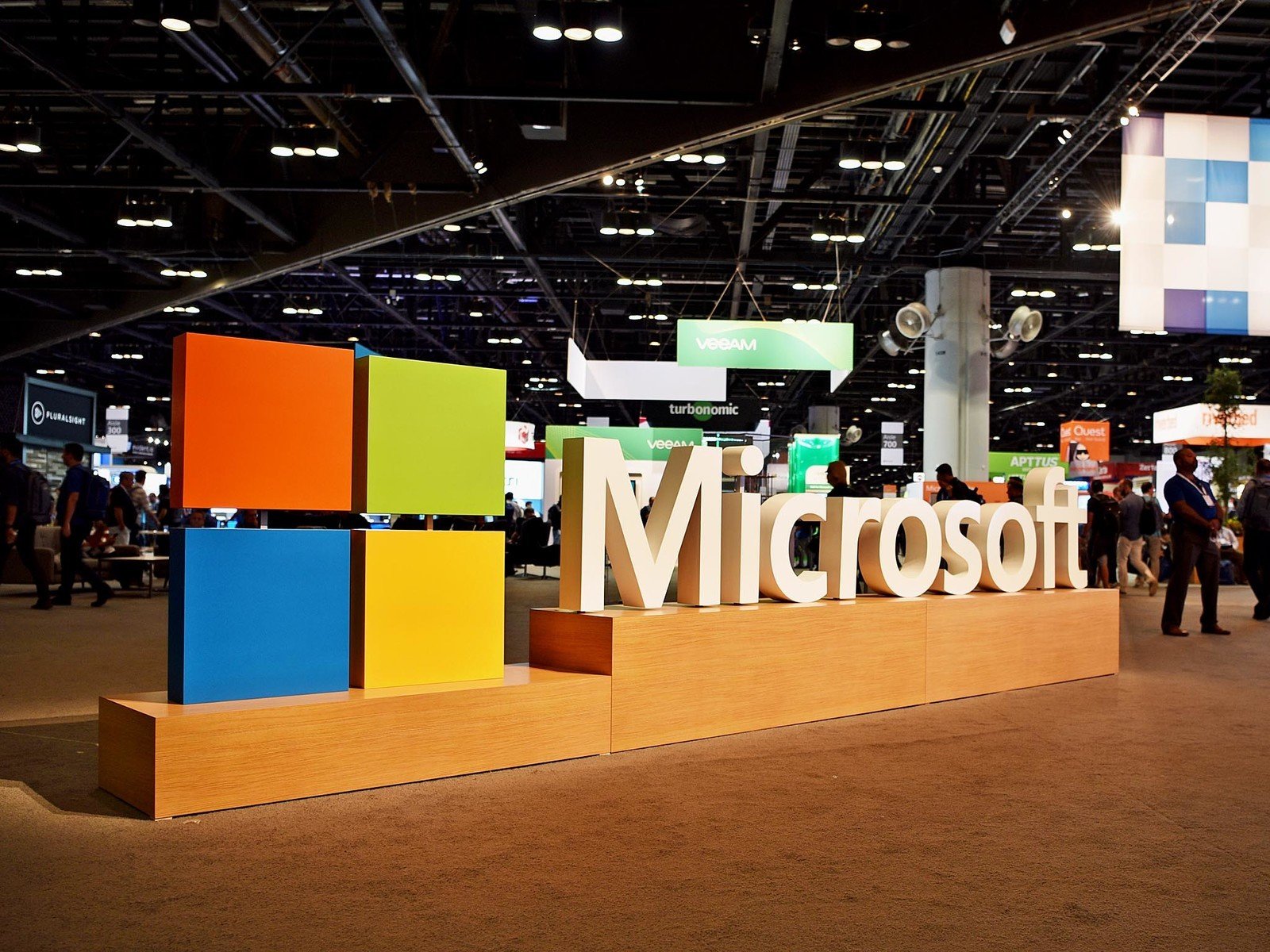Microsoft says Bing can step in if Google Search is pulled from Australia
Google has threatened to pull Google Search from Australia if a new law proposal passes, and Microsoft is ready to step in.

What you need to know
- Microsoft supports a proposed Australia law that would require Google, Facebook, and other companies to pay for local content.
- Microsoft would not be subject to the legislation, but would "be willing to live by these rules if the government designates."
- Google and Facebook have said they would withdraw some services from Australia if the proposal passes.
Microsoft shared its support of a proposed law in Australia that would require Google and Facebook to pay local media outlets for content. Microsoft President Brad Smith explains Microsoft's stance in a blog post. Both Smith and Microsoft CEO Satya Nadella spoke with Australian Prime Minister Scott Morrison and Communications Minister Paul Fletcher about the proposal.
Smith summarizes several points that Microsoft's leaders made to Prime Minister Morrison. He focuses largely on the changing landscape of media and journalism, and how the proposal affects the industry:
- Microsoft recognizes that the media sector and public interest journalism currently face many challenges from the digital era, including changing business models and evolving consumer preferences. That is why Microsoft has long supported the Australian Competition and Consumer Commission's (ACCC) efforts to analyse these issues and propose world-first solutions.
- Microsoft fully supports the News Media Bargaining Code. The code reasonably attempts to address the bargaining power imbalance between digital platforms and Australian news businesses. It also recognises the important role search plays, not only to consumers but to the thousands of Australian small businesses that rely on search and advertising technology to fund and support their organisations. While Microsoft is not subject to the legislation currently pending, we'd be willing to live by these rules if the government designates us.
Google and Facebook have called the proposed laws unworkable, but Microsoft stands on the other side of the issue. Microsoft would not be subject to the legislation, but would "be willing to live by these rules if the government designates."
Smith does not mention Google specifically, but the proposal has made headlines mostly due to tech giants Google and Facebook. Google has threatened to pull Google Search from Australia if the new proposal passes (via TechRadar). Facebook has also threatened to make major changes if the proposal passes (via TechRadar). Microsoft feels that its own search engine, Bing, is able to fill the gap if Google steps out of the Australian market for search.
Two bullet points from Smith's post address Bing's potential role in Australia:
- Microsoft will ensure that small businesses who wish to transfer their advertising to Bing can do so simply and with no transfer costs. We recognise the important role search advertising plays to the more than two million small businesses in Australia.
- We will invest further to ensure Bing is comparable to our competitors and we remind people that they can help, with every search Bing gets better at finding what you are looking for.
Bing is Australia's second most popular search engine, but the gap between it and Google is vast in terms of market share. Statcounter states that Bing only has a 3.6 percent marketshare. If Google does withdraw Google Search from Australia, there will be a large gap to fill.
Get the Windows Central Newsletter
All the latest news, reviews, and guides for Windows and Xbox diehards.

Sean Endicott is a tech journalist at Windows Central, specializing in Windows, Microsoft software, AI, and PCs. He's covered major launches, from Windows 10 and 11 to the rise of AI tools like ChatGPT. Sean's journey began with the Lumia 740, leading to strong ties with app developers. Outside writing, he coaches American football, utilizing Microsoft services to manage his team. He studied broadcast journalism at Nottingham Trent University and is active on X @SeanEndicott_ and Threads @sean_endicott_.
